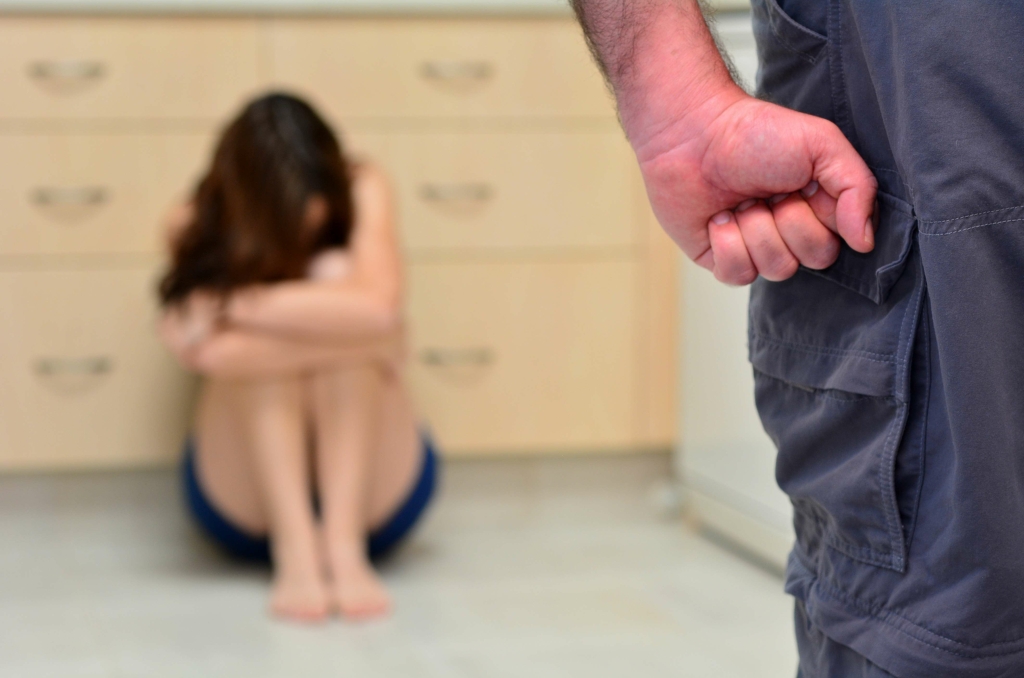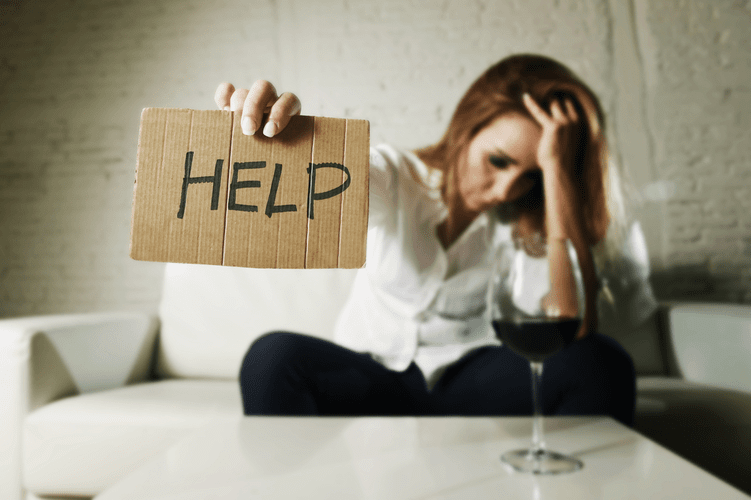Chưa có sản phẩm trong giỏ hàng.
Laying down the tracks for a balanced lifestyle with mind, body, and spirit is key to developing emotional sobriety. If not managed properly, feelings of loneliness, anger, fear, disappointment, and even boredom can be a trigger to use drugs or alcohol. But emotional sobriety isn’t just important because it serves as a method of relapse prevention; it is also https://www.animalaidandadvice.org/donations/ a critical part of recovery because it offers the ability to lead a meaningful life – sober. A necessary second step is consulting with an addiction specialist to craft a recovery plan. Through therapies like Cognitive Behavioral Therapy (CBT) and Dialectical Behavior Therapy (DBT), individuals learn coping mechanisms that aren’t reliant on substance use.

What Does Staying Sober Mean?
Participating in support groups like Alcoholics Anonymous (AA) or Narcotics Anonymous (NA) can offer both motivation and accountability, ensuring you’re never alone in your journey. In your pursuit of sobriety, don’t hesitate to seek http://bethelccoh.org/Design/make-a-car-design professional help and use available resources to bolster your journey. The road might be long and winding, but the rewards of sobriety—improved health, strengthened relationships, and newfound confidence—are well worth the effort.
Drinking: A Love Story by Caroline Knapp
Outpatient treatment often entails focused recovery programming for several hours per day, for several days a week. Depending on your primary substance of abuse and how long you’ve been using, you may first need the support of a medically supervised detoxification (detox) program. Drug and alcohol rehab centers are designed to keep you away from the temptation you may experience if you try to get sober alone. After completion of the detox process, these programs can offer you both the emotional support and a structured plan to avoid a relapse. Embracing sobriety as a journey towards personal freedom involves a holistic approach.
Sobriety and Personal Freedom
Dave,” Smith’s initial plan was to help some of the tens of thousands of young people flocking to the area for sex, drugs, and rock ‘n’ roll, most with little or no money. Some became ill from using hallucinogens and other drugs, and some developed addictions. Others suffered serious health problems, such as sexually transmitted infections (STIs) and other illnesses. The prevailing attitude http://zdoroviedetey.ru/node/1330 of the medical establishment, and the community in general, was these people deserved whatever happened to them. Dr. Dave decided somebody needed to step up to take care of their urgent health care needs, and since nobody else was offering, that person would be him. With the help of a medical professional, medications and devices can help patients deal with withdrawal symptoms during detox.

What Are The Chances Of Achieving Sobriety With The Chronic Nature of Addiction After Attending Drug and Alcohol Rehab?

Smith is also concerned marijuana could become commercialized like tobacco. He worries large corporations may similarly misuse psychedelics if researchers discover psychedelics are effective treatments for depression, anxiety, and other psychiatric disorders. He still remembers when doctors were punished for treating people dependent on drugs. It hadn’t occurred to most people then that integrated, whole-person treatment was an option. Alcoholics Anonymous and Narcotics Anonymous existed, as did Synanon.

What is Abstinence?
Is There a Difference in Physical Health Between Being Sober and Being Abstinent?
- In the U.S., where the battle against addiction is fought daily by millions, recognizing the true essence of sobriety as a form of personal freedom can be a game changer.
- At every step of the way, support from friends, peers, and family is useful, but there are also many services and organizations that provide guidance., and many can be accessed through Recovery Community centers.
- Recovery from drug addiction is not just a one-time event but a continuous process.
- Neuroscientist Adi Jaffe, Ph.D., who himself recovered from addiction, outlines five steps.


